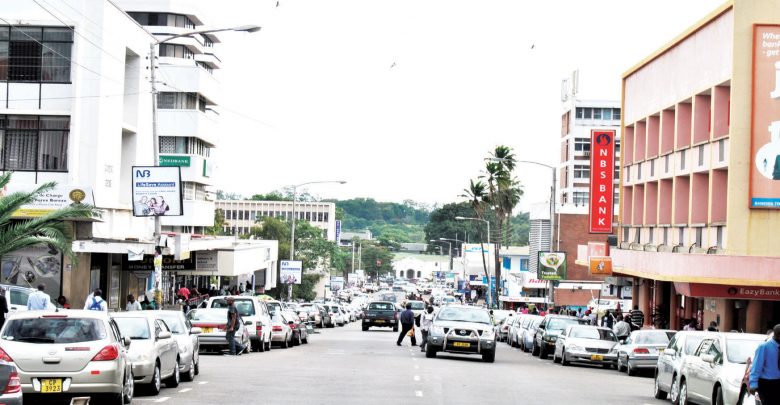
Firm outlines key economic risks

Local investment management and advisory firm, Nico Asset Managers, has outlined key risks haunting the economy, saying, if left unchecked, the threats could derail chances of recovery.
The firm says this in its August 2021 Monthly Economic Review.
It comes amid hope for possible resumption of business activity among operators as Covid cases ease.
According to the report, the risks include the impact of the Covid pandemic itself, weather shocks, low vaccine uptake, rising inflation, fiscal slippages, high population growth and food shortages in the Southern Region.
Nico Asset Managers says while some of the risks are short-term, there are other long-standing risks such as high government debt levels, persistently weak export base and insufficient power supply.
“High government debt levels create a future obligation for the government to repay the debt plus interest, persistently weak export base affects the kwacha’s stability while high population growth rates may reduce the country’s ability to allocate resources to more productive activities,” the report reads.
In August, the kwacha was seen stabilising against the United States dollar, but depreciated against the South African Rand, Pound Sterling and the Euro.
The government revised upwards its 2021 forecasts for economic growth to 3.80 percent from 3.50 percent on account of increased agricultural production.
Reserve Bank of Malawi, in its Monitory Policy committee report of the first half, said it would focus on managing inflation in single digits, anchoring inflation expectations, and entrenching the economy’s recovery from the Covid pandemic, among others.
“In order to achieve these objectives, the RBM will continue to pursue its monetary policy in line with pre-emptive more forward-looking monetary policy frameworks, with the short-term nominal interest rate, particularly the Interbank Rate (IBR), as an operational target,” the report reads.
Just like other countries, Malawi’s economy has been wounded by the Covid pandemic which has disrupted trade patterns.
Source: The Times Group